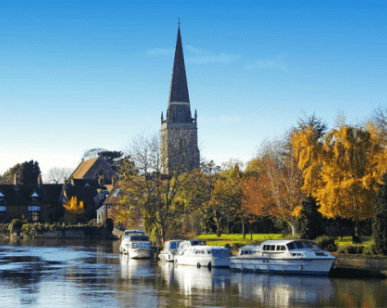In general, there is no Capital Gains Tax (CGT) on a property which has been used as the family’s main residence. This relief from CGT is commonly known as Private Residence Relief or PRR. However, where part of the home has been let out the entitlement to relief may be affected. Homeowners that let out part of their house may not benefit from the full PRR but can benefit from letting relief. Since April 2020, letting relief has been restricted to homeowners who live in their property and partly rent it out.
The maximum amount of letting relief due is the lower of:
- £40,000;
- the amount of PRR due; and
- the same amount as the chargeable gain they made while letting out part of their home.
Worked example:
- You rent out a large bedroom to a tenant that comprises 10% of your home.
- You sell the property, making a gain of £75,000.
- You’re entitled to PRR of £67,500 on the part used as your home (90% of the total £75,000 gain).
- The remaining gain on the part of your home that’s been let is £7,500.
The maximum letting relief due is £7,500 as this is the lower of:
- £40,000
- £67,500 (the PRR due)
- £7,500 (the gain on the part of the property that’s been let)
There’s no Capital Gains Tax to pay – the gain of £75,000 is covered by the £67,500 PRR and the £7,500 letting relief.
You are not considered to be letting out your home if either:
- you have a lodger who shares living space with you; or
- your children or parents live with you and pay you rent or housekeeping.


